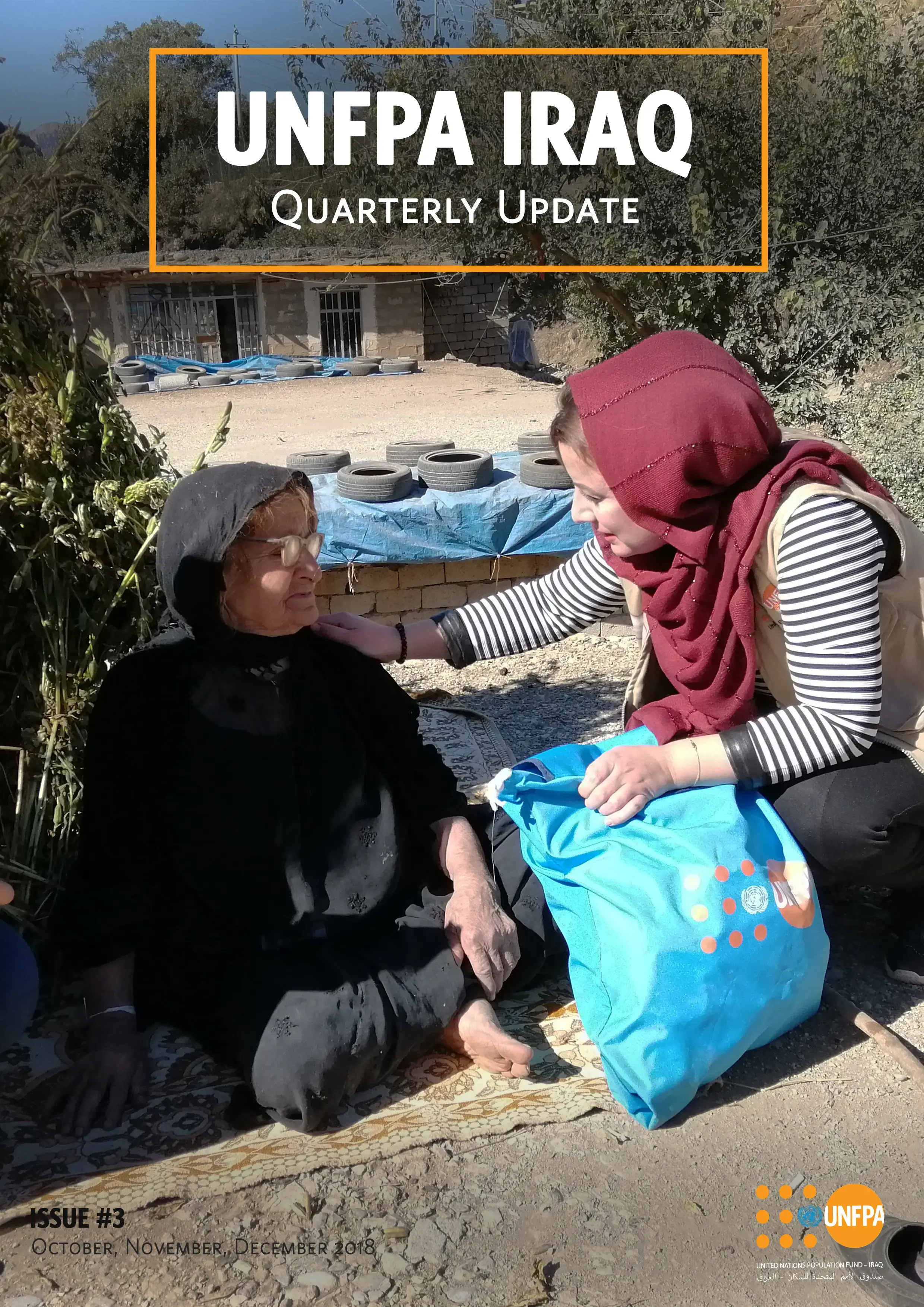Four years ago, tens of thousands of Yezidis, an ethnic minority in Iraq, were forced to flee Sinjar, north west of Iraq, when the Islamic State in Iraq and the Levant (ISIL) took over the area. Thousands of Yezidi women were taken into captivity and sold as slaves.
“I had a good life, I was at peace and surrounded by friends and family just like any other teenager. I had many friends, enjoyed school; my favorite courses were Mathematics and English. I dreamed of becoming a teacher,” says 18-year-old Nihad Barakat, remembering her life before the Islamic State in Iraq and the Levant (ISIL).
“I was only 15 years old when they came into our village, they killed men and older women while they kidnapped and raped the younger ones. My family of 18 people packed into cars and headed for Mount Sinjar but we were captured at one of their checkpoints,” she recalls.
After her capture, Nihad was taken to a village on the Iraq-Syria border where the male captives were separated from the girls and women.
“I was first taken to Raqqa, and then to their stronghold in Mosul. I was tortured and raped for two weeks. I was sold as a sex slave to one of their fighter. I wasn’t alone; they chose 21 other girls. They put us in a room and the rapes started,” she adds.
A month after, she was “bought” by one of the fighters, Abu Faris who raped her repeatedly and soon after Nihad became pregnant. He then moved her to live with his family; his wife, four children, and another Yezidi girl he had bought earlier. She explains how she hated her child and tried to miscarry many times.
“I was only 15 years old when they came into our village, they killed men and older women while they kidnapped and raped the younger ones. My family of 18 people packed into cars and headed for Mount Sinjar but we were captured at one of their checkpoints.”
“I had mixed emotions, this was a baby out of rape, out of hate. I believed that this baby is a criminal and would grow up to become an ISIL fighter and kill innocent people. That’s why I called him Issa, the Arabic translation of Jesus. I thought it would save him from his dark future,” she continues.
Three months after giving birth, Abu Faris wanted to marry her and when she refused, he decided to marry her off to his cousin. To her surprise, his family were sympathetic and helped her escape. His wife and neighbor allowed her to make a phone call to her family which helped her secure a smuggler. The only problem was that she had to leave Issa behind: “His father wouldn’t let me take him away for a second. I kept thinking that even if I manage to escape with my son, the community would reject him. So I left him in Mosul with the family.”
Nihad was freed on 15 October 2015. “The journey was long and tiring. I never thought I’d be free and see my family again,” she says. “I still have nightmares though... of the rape, the mistreatment, the screams...”, she adds.
After her release, Nihad applied for Australia's protection, along with her family members who survived ISIL’s attacks. The family is expected to fly this month to Australia to start a new life.
Sexual violence can have multiple physical, psychological and social effects on survivors, their social networks and their communities. Nihad, and other Yezidi survivors, are in desperate need of support to restart their lives again.
On 20 May 2018, UNFPA opened a Women Support Centre (WSC) in Sinjar which was visited by up to 50 Yezidi women and girls in its first 10 days of opening. These women have all suffered from sexual violence under the ISIL reign and are looking for a new start. At the centre, survivors receive psychosocial first aid and participate in awareness sessions.
**********
UNFPA, the United Nations Population Fund, delivers a world where every pregnancy is wanted, every childbirth is safe and every young person’s potential is fulfilled.
For more information or media inquiries please contact: Salwa Moussa, Communications Analyst, smoussa@unfpa.org


